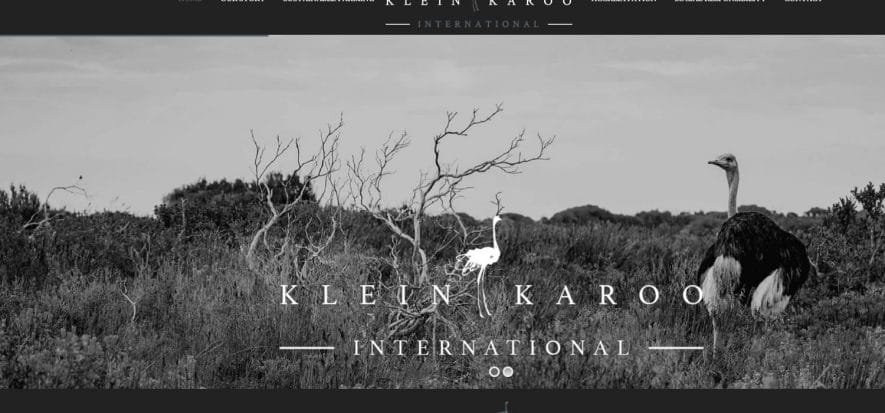Klein Karoo International and Mosstrich insist on merging. The two companies have decided to fight the ban placed by the South African Competition Commission (similar to any AntiTrust government body) in court by going to a different court for permission. This same court had already listened to the opinions of competitors, ostrich farmers, retailers and economists.
Why Not
According to the Commission, the merger between the two businesses would have created a monopoly regime on the national ostrich markets as far as meat, feather and hides go. Romeo Kariga, legal consultant for the commission, stated to the court that the market quota reached by the two entities if they had merged would have been 94%. This situation would have damaged smaller businesses operating in this market, as well as end-consumers, as they would have to pay more for a smaller offer.
Why yes
The two businesses haven’t given up. They turned to the proper court to try to obtain a new decision over the merger. Klein Karoo International and Mosstrich believe that, contrary to the Commission’s belief, is an attempt to stabilize the declining ostrich industry. Moreover, the agreement will create jobs”. A representative of the legal team working for the two companies, Jac Marais, stated how if the merger doesn’t take place, the two companies may decide to shut down operations. This outcome would cause the loss of over 1,000 employees. Another lawyer on the same side, Greta Engelbrecht, assured that the merger would not mean lower prices for ostrich leather sold to European fashion brands and Texan boots’ manufacturers.
What they do
According to what reported by FoodStuff, KKI and Mosstrich purchase ostriches from farmers to slaughter them in their own warehouses. The two businesses also have plants to process and pack the meat, along with tanneries to tan the hides. KKI also manages a plant to process feathers. With the merger, the new business would be called CapeKaroo.










